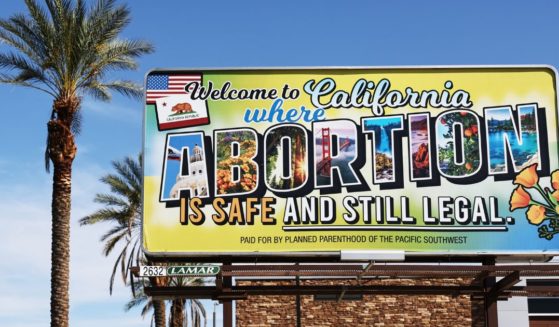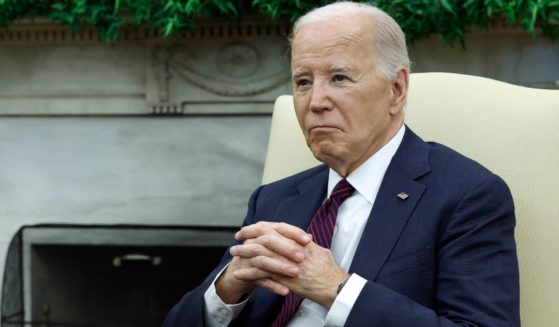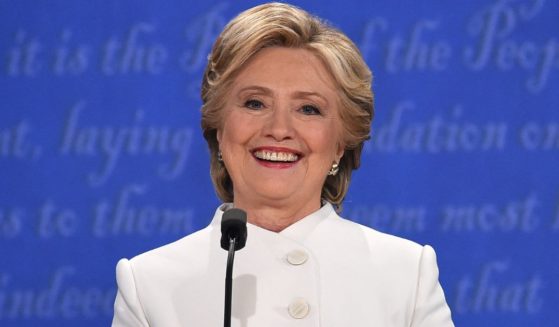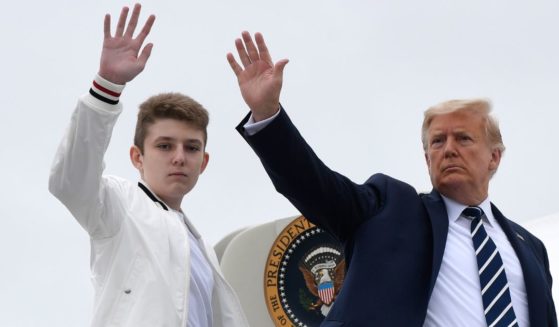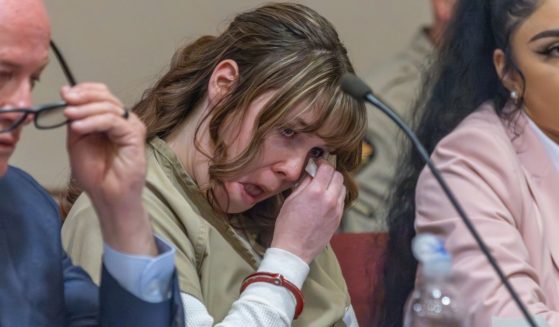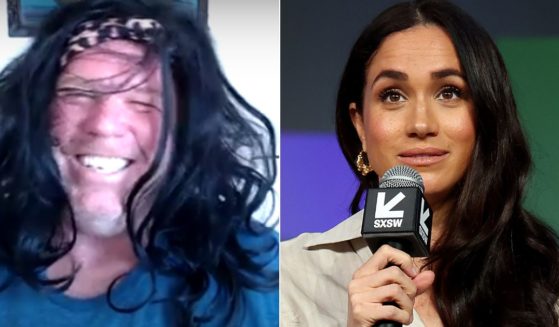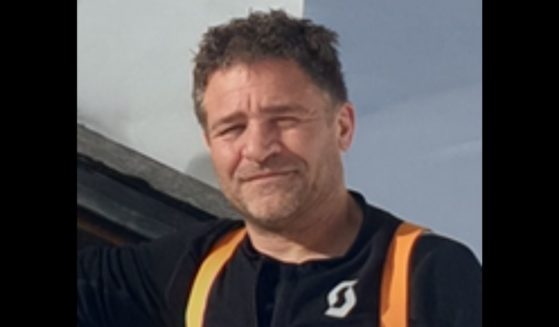Academic Elites Shouldn't Be Deciding America's Energy Policy
In the foreseeable future, the House of Representatives will hold more hearings on climate change as some promote the so-called Green New Deal. One of the witnesses who could testify is Professor Naomi Oreskes, a self-styled science historian.
While mislabeled as an “internationally renowned” climate change scholar, Oreskes’ true background is troubling.
For years, her goal has been attacking the American oil industry by advocating a legal assault modeled after the anti-tobacco crusade. Her claim, boiled down, is that oil and gas companies long ago knew they were allegedly harming the planet but failed to warn people. Therefore, they owe everybody huge gobs of money and the government should control the distribution.
Oreskes’ official bio at Harvard lists her as a professor of the History of Science. She has no degrees in climatology, meteorology, or atmospheric sciences, but only in mining geology.
Her “expertise” is searching through documents to find things she can twist or use out of context to further her political agenda. Since big companies have mega-millions of documents, it’s child play to find discrepancies and loose language. And Oreskes’ own writings contain the very types of flaws which she considers sinister in anybody else’s paperwork.
To her, fossil fuels are an inherently dangerous product and the world should ignore how abundant affordable energy has given us such a high quality of life. Playing fast and loose with facts is justified in pursuit of a greater good. Inspired by the massive settlements paid by Big Tobacco, she sees far-bigger dollar signs from attacking energy companies with big lawsuits.
But what about her own history?
Oreskes was an early promoter of the theory that “scientists all agree” about global warming, basing that conclusion on reviewing just the abstracts (short summaries) of articles written by others. She then co-authored the conspiracy theory book, “Merchants of Doubt” to claim that we’ve been duped by slick advertising telling us that oil and gas are good.
That’s an automatic guarantee for adulation by the left and by Hollywood. Her book climbed to its current rank of #21,300 on Amazon’s best-seller list. The movie version grossed a whopping $308,156 — so instead they made it free on the internet.
Fair presentations are not her strength. She told one interviewer that it’s not right to give equal weight to both sides of an issue.
How has she launched her attack in the courts? In 2012 Oreskes coordinated the La Jolla conference of left-wing activists and developed a strategy of nationwide lawsuits against oil and gas.
In 2015, Oreskes directly petitioned the New York State Attorney General to consider state action against the oil industry. She followed with a training workshop involving attorney generals’ offices from more than a dozen states (similar to her hosting countless media figures to indoctrinate them also).
The legal strategy is that if anyone within a giant energy company ever expressed concerns or disagreements about anything then the company is engaged in a conspiracy (and securities fraud) if it fails to adopt or publicize these different conclusions.
Obligingly, lawsuits and investigations have been brought by Democrat attorney generals, such as those in New York, Massachusetts and Rhode Island. But the actual legal work is often supplied by wealthy environmentalists — something which they tried to conceal from the public.
Oreskes’ conspiracy theory approach also contends that statements by one company (before the 1999 merging of Mobil with Exxon) prove misconduct by the other company. That’s like blaming Chrysler for the business decisions made by FIAT before they merged.
But we cannot forget that the entire conspiracy claim is based on “scholarly” analysis of some selected articles and of ExxonMobil’s public communications.
So what if another prominent scholar disagrees? Turns out there are disputes about Oreskes’ approach. Oreskes’ work is fundamentally flawed, according to analysis by Professor Kimberly Neuendorf, a communications content expert at Cleveland State University. Her conclusion was that Oreske’s work “lacks reliability, validity, objectivity, generalizability, and replicability.”
How sad and scary it would be if our essential energy industry were to have its fate decided by competing opinions among scholars? And how terrible for consumers if conspiracy theories like Oreskes keep spreading.
Or maybe this is a conspiracy by wealthy donors who have bet their fortunes on replacing oil and gas with their Green New Deal?
We elect people to make more common-sense decisions rather than relying on ivory tower studies. The politicians should take note of that and be skeptical if and when Oreskes testifies on Capitol Hill or in the media.
Professor Ernest Istook teaches political science at Utah Valley University.
Horace Cooper is a senior fellow at the National Center for Public Policy Research
The views expressed in this opinion article are those of their author and are not necessarily either shared or endorsed by the owners of this website. If you are interested in contributing an Op-Ed to The Western Journal, you can learn about our submission guidelines and process here.
Truth and Accuracy
We are committed to truth and accuracy in all of our journalism. Read our editorial standards.
